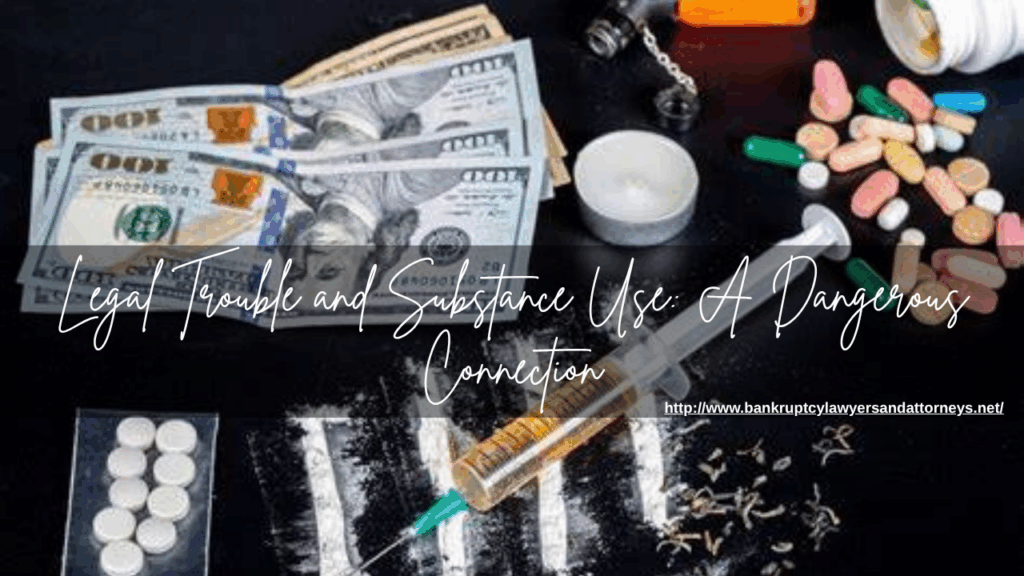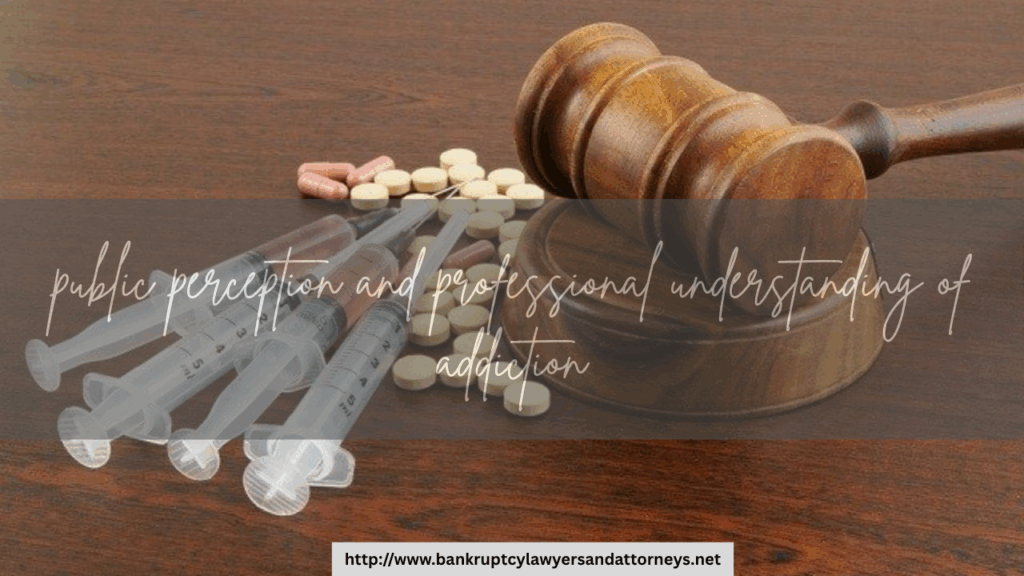
Addiction is more than a personal or medical issue—it often has serious legal consequences. When substance use spirals out of control, it can lead to risky behaviors and decisions that violate the law. Whether it’s drug possession, impaired driving, or theft, the connection between addiction and criminal activity is strong. Understanding how your addiction can lead to legal trouble—and what steps you can take to prepare—can make a critical difference in protecting your future and starting the path toward recovery.
Legal Trouble and Substance Use: A Dangerous Connection
Many people with substance use disorders find themselves entangled with the criminal justice system. This may begin with minor infractions but can escalate quickly. Common legal issues associated with addiction include:
- Drug possession: Being caught with illegal substances like heroin, methamphetamine, cocaine, or even prescription drugs without a valid prescription can lead to criminal charges. Depending on the substance and quantity, charges may range from a misdemeanor to a serious felony.
- Driving under the influence (DUI): Alcohol or drug-impaired driving is a frequent and dangerous consequence of addiction. A DUI conviction can lead to license suspension, fines, court-mandated treatment, and jail time—especially for repeat offenses.
- Theft and burglary: Addiction can lead individuals to commit crimes to support their habit. This may include stealing from loved ones, shoplifting, or breaking into homes or businesses.
- Prescription fraud: Forging prescriptions or “doctor shopping” to obtain drugs illegally is another crime linked to substance misuse, especially in opioid addiction cases.
- Public intoxication and disorderly conduct: Being intoxicated in public can result in arrests, fines, or jail time, even if no other crime has occurred.
Long-Term Consequences of Legal Trouble
The impact of addiction-related legal trouble goes far beyond the initial arrest or court appearance. A criminal record can follow you for years, affecting your ability to find a job, secure housing, obtain a professional license, or apply for financial aid. In family court, substance abuse can also affect custody decisions and visitation rights, especially if children are exposed to dangerous situations.
If legal problems are not addressed early, they can spiral into more serious consequences, including long-term incarceration, probation violations, and repeated court appearances.
What You Should Prepare For
If you’re struggling with addiction and fear legal consequences, preparation is key:
- Seek treatment early: Entering a rehab or treatment program before legal trouble escalates shows responsibility and can influence the court’s view of your case if you’re already facing charges.
- Get legal representation: A defense attorney with experience in addiction-related cases can help protect your rights and may be able to negotiate alternatives such as diversion programs or drug court.
- Document your recovery efforts: Keep records of treatment attendance, support group participation, and drug test results. Courts often view voluntary recovery efforts favorably.
- Build a support system: Counselors, sponsors, family, and friends can provide emotional support and may also serve as character witnesses if needed in court.
Conclusion
Yes—your addiction can absolutely lead to legal trouble. But with awareness, action, and support, you can minimize the damage and begin a path toward healing. Early intervention, legal guidance, and a commitment to recovery can help you navigate these challenges and reclaim control of your life.
